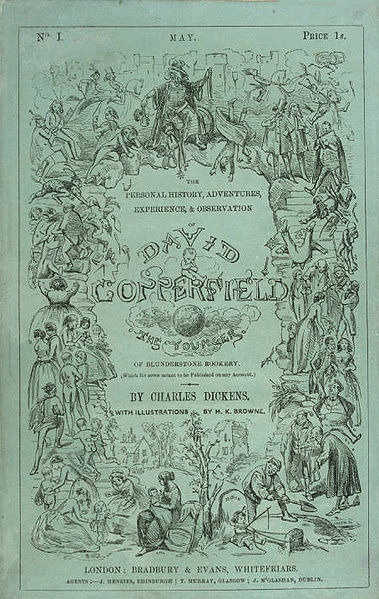I learned “Puff the Magic Dragon” around 1970. My
father hated it thinking it was a clandestine code song among “those hippy
pinko commie freaks to smoke more dope.” In fact, it is a beautiful song
of lost innocence. Peter Yarrow, the man who wrote the song, will tell
you its meaning, and does in the link below.
Around 1980, just after my father’s death, I began
learning real finger-style guitar, incorporating the Travis pick, forward and
backward rolls, banjo rolls then creating my own rhythmic patterns based off
those.
“Learn ‘Puff, the Magic Dragon,’ my mother said.
“Just like Peter, Paul, and Mary play it.”
Took me a couple of days, listening to the album (yes,
vinyl), over and over again. I even worked on a little melody solo
between verses to give it movement and variety. Within the context of
what Peter Yarrow wrote, I made it my own.
“When am I going to hear you play ‘Puff, the Magic
Dragon?” she would ask.
While living under her roof, I would say, “Now, if you
like.”
“I can’t right now,” she would reply, always with a
wonderful reason having to do with having other things on her plate.
When I lived in Orlando, Florida, and later, LA and would
visit, I offered to borrow my sister’s guitar and play it.
“Before you fly back,” she would say. “Definitely
before you fly back.”
And then when I had to leave, “Next time you come.”
The part of the song that sends me right over the edge
begins, “A dragon lives forever, but not so little boys…”
Or mothers, for that matter.
She died in 2000, and never heard me play what had always
been one of her favorite songs.
I wish she had, or that I had at least “practiced” in
front of her. So when I play it now, whether folks are listening or, most
especially when I’m playing it alone, I cannot stop the wistful beauty of the
song itself or put a stopper in my eyes.
And I think of her.
“One gray night it happened. Jackie Paper came no
more.”
These days, I don’t play it as I learned it, with the
little frills and dressing. I play it straight, as close to the way they
played it as my feeble skills can manage.
And, it’s for you, Mom!
Below is a link to a wonderful version by the original artists,
Peter, Paul, and Mary. Peter explains
the meaning of the song. Watch how the make the audience part of the show.
And the picture is my autographed photo of the trio



